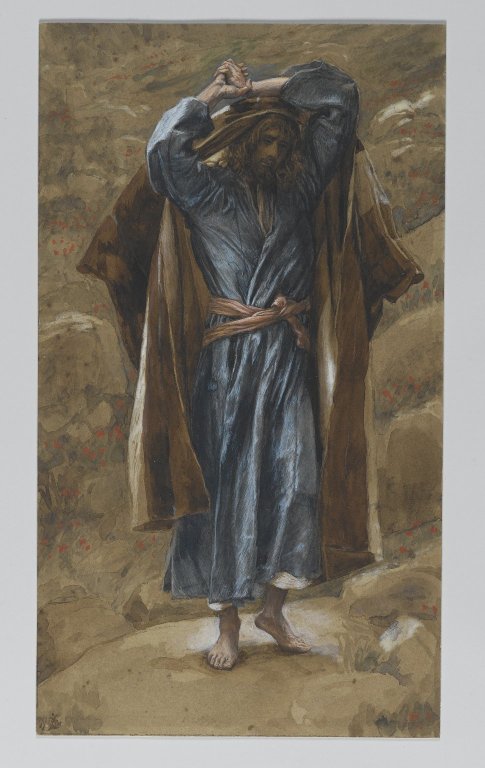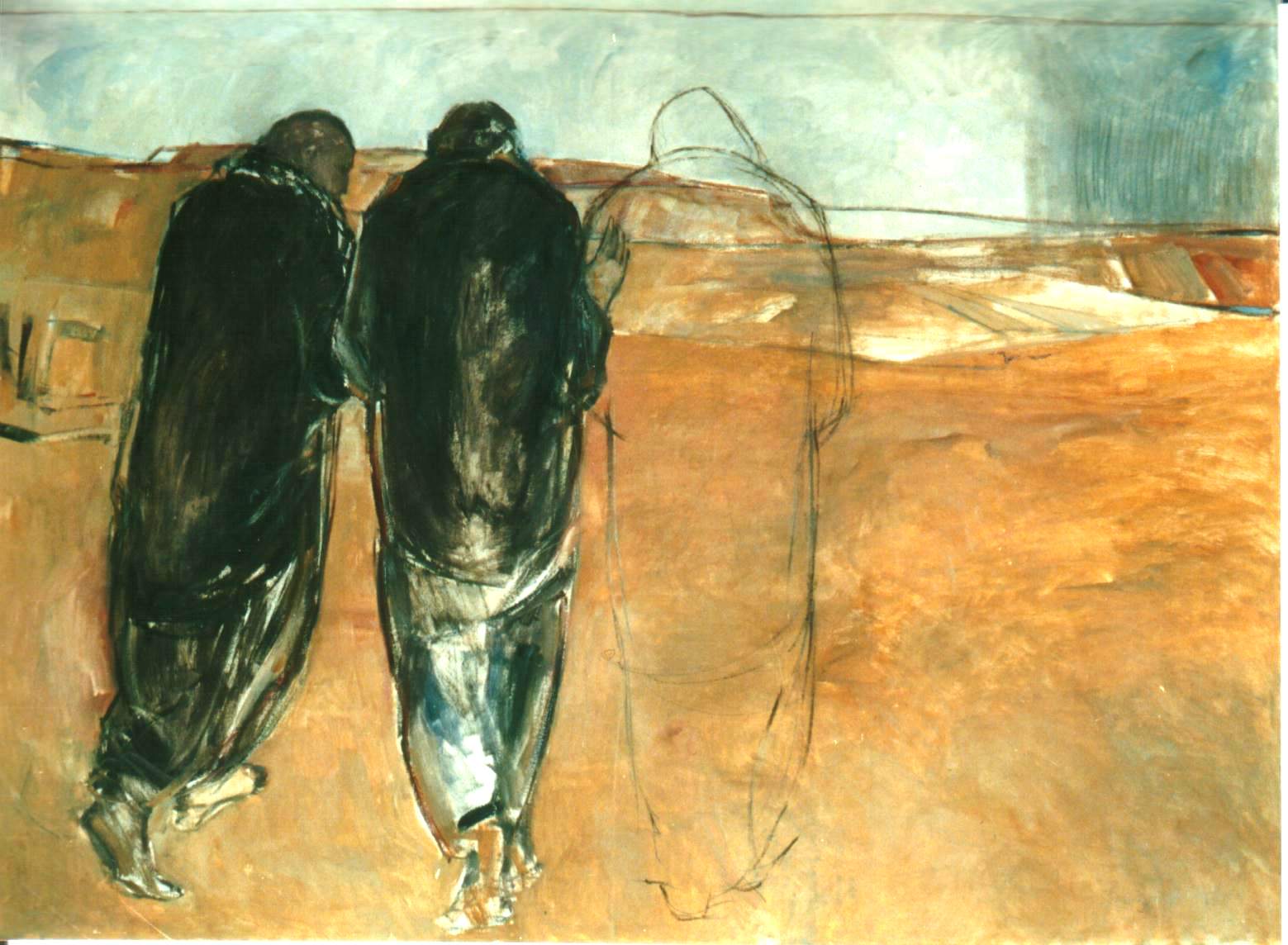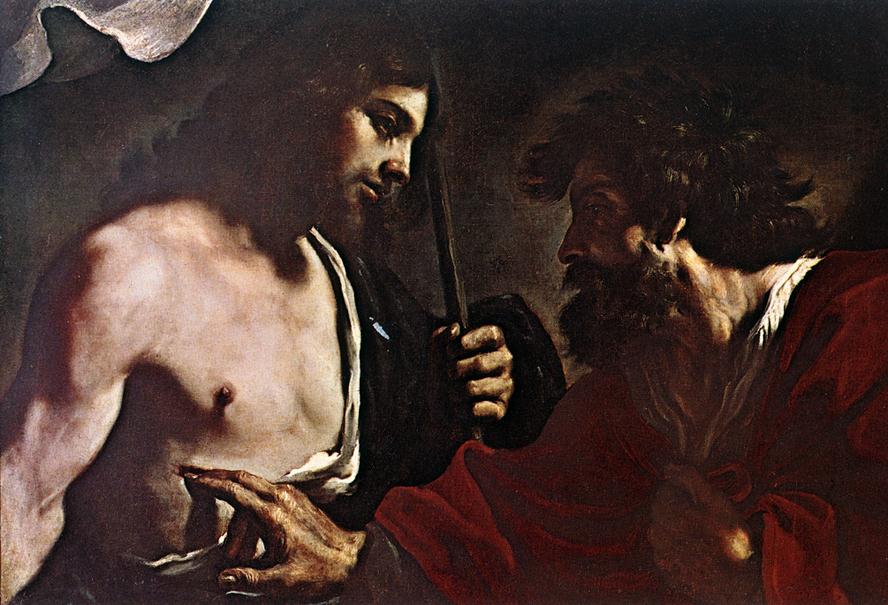This homily is for Ascension Sunday.
Working from home has been tricky.
Of course there’s something to be said about not having to commute, not having to wear office attire, not having to be stuck at work from 9 to 5?

This homily is for Ascension Sunday.
Working from home has been tricky.
Of course there’s something to be said about not having to commute, not having to wear office attire, not having to be stuck at work from 9 to 5?

This reflection is based on John 14:1-12.
He’s the disciple who always seems to be getting the tough questions from the Lord. When they found themselves surrounded by a hungry crowd of 5000, our Lord turned to Philip and asked him, “Where shall we buy bread for these people to eat?”
Of course, Philip said what any rational person would: “It would take more than half a year’s wages to buy enough bread for each one to have a bite!”

This homily is based on John 10:11-18.
This has got to be one of the saddest and truest statements we can read anywhere. It says it so simply and quietly. And when I try to imagine the speaker or the writer, whoever it is, I detect no trace of anger or bitterness in his face or voice; just a sad, quiet acceptance or perhaps a resignation to the way the things are.
No one who has experienced betrayal can disagree with it. What makes betrayal so heartbreaking is that by its very definition, it can, as the statement goes, never come from our enemies. Betrayal is a crime reserved only for those we trust and love.
This homily is based on Luke24:13-35 for the 3rd Sunday of Easter.
“We had hoped….”
We can hear the disappointment in the two disciples’ voices as they spoke to the stranger on the road.
“We had hoped…”
In other words, they no longer did.

This reflection is adapted from an Easter reflection from our online Holy Week Retreat.
Just a little over a week ago, when he was told the incredible news that the disciples had seen the Lord, Thomas did not hesitate to set his conditions for believing: “Unless I see and touch his wounds,
I will not believe.”
